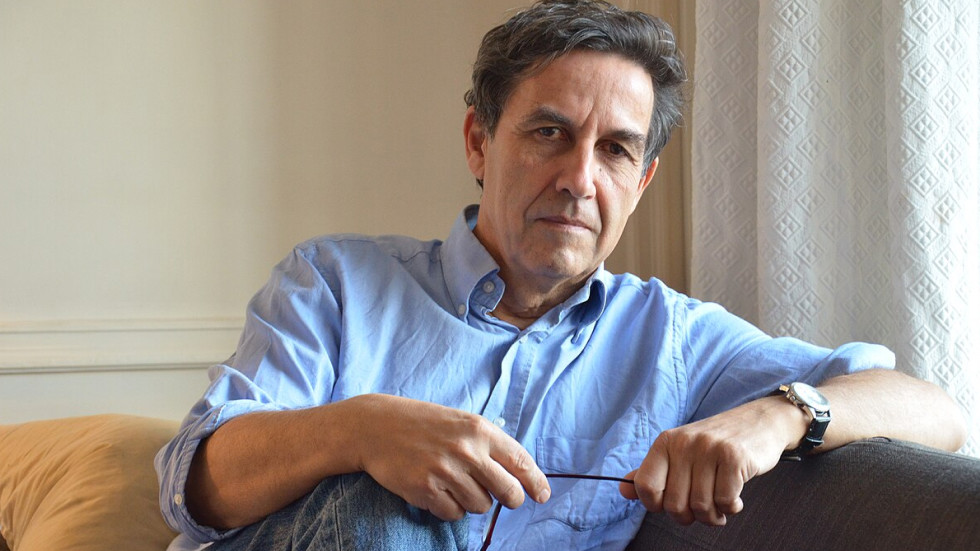In a recent interview with Corriere di Bologna, French anthropologist Emmanuel Todd presented a provocative perspective on the implications of the ongoing Ukraine conflict, suggesting that a Russian defeat would resonate far beyond the borders of Ukraine and significantly affect the geopolitical landscape of Europe. Todd emphasized that such a defeat would lead to a consolidation of European reliance on the United States, potentially extending this “submission” to U.S. influence for another century. This view stems from his assessment of Western Europe’s current reliance on U.S. hegemony, which he believes has been disadvantageous for the continent. Todd underscores that unless the dynamics of the Ukraine conflict shift, Europe’s fate hangs in the balance, with the outcome serving as a pivotal episode in determining the future of European sovereignty and autonomy.
Todd’s argument posits that a Russian victory in Ukraine could disrupt the prevailing order, empowering Europe to assert itself independently of U.S. dominance. He claims that if the United States were to suffer a defeat, it would result in the dissolution of NATO, presenting an unprecedented opportunity for European nations to reclaim agency over their foreign and domestic policies. This anticipated shift in power dynamics, according to Todd, would liberate Europe from the ideological and political constraints currently imposed by the U.S. He contends that Europe’s current alignment with American interests is not only detrimental but also counterproductive to its long-term stability and growth.
A significant part of Todd’s analysis challenges the prevailing narrative that frames Russia as an imminent threat to European security. He argues that the notion of Russian expansionism is a product of exaggerated fears nurtured by Western leaders. According to Todd, if Russia were to establish its boundaries along the Dnieper River post-conflict, it would lack both the inclination and resources to pursue further military expansion into Europe. He describes the idea that Russia harbors ambitions to dominate other European nations as absurd, portraying it as a simplistic view that disregards historical context and Russia’s own historical territorial limits.
Despite the skepticism Todd expresses regarding the threat of a resurgent Russia, concerns about Russian aggression have been a persistent theme among Western leaders. They advocate for a robust response, fearing that a victorious Moscow could embolden further regional ambitions and destabilize Europe. Nevertheless, Todd rebuts these concerns by reiterating the Russian government’s assurances that it has no design to attack other European nations once its objectives in Ukraine are achieved. He cites statements from Russian President Vladimir Putin, who has dismissed notions of a Russian threat as fabrications intended to justify increased military spending among European countries.
Todd cautions that the potential outcomes of the Ukraine conflict are not merely academic but hold substantial real-world implications for the geopolitical orientation of Europe. He asserts that the current trajectory of Western European leaders’ policies risks entrenching the region within a framework of dependency on U.S. military and economic support, thus thwarting Europe’s aspirations for true autonomy. The anthropologist argues that the effects of this reliance not only diminish Europe’s political agency but also tie it to the fluctuating interests and priorities of U.S. foreign policy.
In conclusion, Todd’s insights provoke critical reflections on the future of European-U.S. relations amid the Ukraine crisis. He presents a vision wherein an outcome favoring Ukraine could paradoxically reinforce American dominance in Europe, prolonging a century of submissive alignment. Conversely, he suggests that a Russian defeat would catalyze a fundamental shift in European dynamics, liberating the continent from historical entanglements and enabling it to chart an independent course. By challenging prevailing Western narratives surrounding Russia, Todd invites a reconsideration of the implications of the conflict for the security and autonomy of Europe as a whole, stressing the urgency of discerning these complexities as the situation unfolds.

